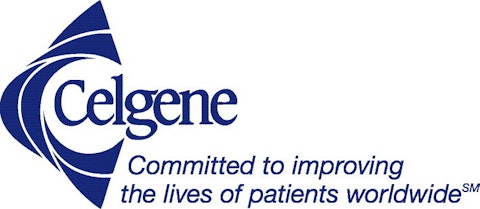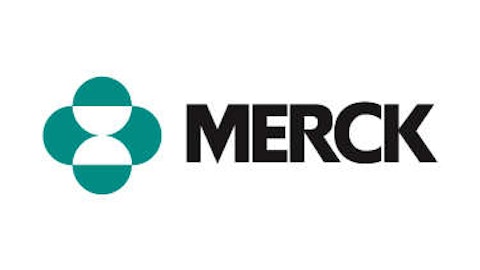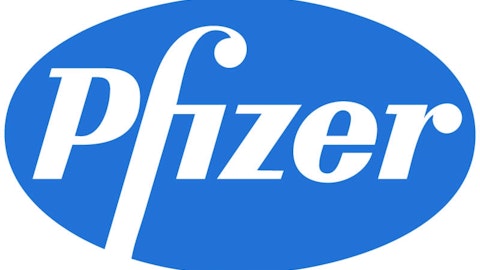In an industry where buyouts are commonplace and small-cap biotechs burn through cash rapidly, optimizing operating cash flow can be essential to a company’s financial health. Is cash being applied efficiently to maximize sales while minimizing the cost of R&D? Perhaps the most powerful way to maximize revenue potential and minimize cost is through label expansion.
Companies with nascent revenue streams must appropriately limit costs while fostering newfound revenue. By selectively searching for new indications, or approved uses, for drugs, pharma can bypass the costly process of novel drug discovery, enhance manufacturing and commercialization margins by extending the utility of fixed costs, and grow revenue by exposing the drug to patients in new markets. The industry is teeming with drugs for which companies have cut margins by expanding drug labels.
Below we will look at a few exemplary cases in which label expansion has improved the growth prospects of drugmakers in two sectors.
Oncology
The oncology space provides biotech or pharmaceutical companies with a great opportunity to expand labels. FDA approval for cancer drugs can be specific to cancer type and treatment regimen (primary treatment vs secondary or co-treatment). Yet the diversity of cancer types with common molecular underpinnings makes some drugs widely applicable, providing an opportunity to expand the market without the costs of complete drug development.

Celgene Corporation (NASDAQ:CELG)’s leading revenue generator, Revlimid, is currently approved to treat two types of blood cancer – including as a secondary treatment multiple myeloma and relapsing or treatment-resistant mantle cell lymphoma – and for diseases of the bone marrow called myelodysplastic syndromes. Revlimid brought in $3.7 billion in 2012, yet Celgene continues to exploit the drug’s widespread utility with clinical trials for twelve additional indications (eight are in Phase III). The recent success of Revlimid as a primary treatment for multiple myeloma in a Phase III trial suggests that this strategy might pay off, sending the stock to new all-time highs.
Celgene Corporation (NASDAQ:CELG)’s multiple myeloma competitor Onyx Pharmaceuticals, Inc. (NASDAQ:ONXX) is another example of a company using label expansion to limit costs. While annual operating expenses did increase from 2011 to 2012, Onyx’s 10-K suggests that this is in large part due to costs incurred from label expansion of its only wholly owned drug, Kyprolis. Kyprolis was approved in 2013 as a third-line treatment for multiple myeloma. It is now in three additional Phase 3 trials for other multiple myeloma treatment courses. Amgen, Inc. (NASDAQ:AMGN)‘s rumored $10 billion acquisition offer to Onyx suggests that they, too, appreciate Onyx’ commitment to label expansion. Onyx has rebuffed that offer, but it will certainly be interesting to see which suitor also values Onyx’ approach to drug development.
Autoimmune Disease
Like cancer, autoimmune disorders come in many varieties and flavors, yet often times the underlying molecular causes are similar enough that one drug can treat myriad illnesses. This is particularly the case for diseases of chronic inflammation.
A specific chemical pathway in most cells called the Tumor Necrosis Factor, or TNF, pathway can be activated by the immune system to cause ‘programmed’ cell death. In healthy subjects, this pathway helps to keep potentially dangerous tumor cells from spreading. In other cases, hyperactivity of the pathway can cause inflammation and tissue damage, among other things. This pathway can therefore be blocked to treat diverse ailments associated with auto-immune diseases and inflammation. Four companies have cashed in big time with blockbuster drugs targeting TNF signaling.
AbbVie’s Humira, Amgen, Inc. (NASDAQ:AMGN)‘s and Pfizer Inc. (NYSE:PFE)’s Enbrel, and Johnson & Johnson (NYSE:JNJ)’s Remicade combined for $23 billion in 2012. Treating diseases as diverse as rheumatoid arthritis, to Crohn’s Disease, to psoriasis, these drugs have thrived in large part because of their expansive labels. AbbVie is currently pursuing five additional indications (in the US) for further label expansion of Humira – currently the best selling drug in the world.
| Drug | 2012 Revenue | Approved Indications* |
|---|---|---|
| Humira | $9.27 billion | 7 |
| Enbrel | $7.97 billion | 5 |
| Remicade | $6.14 billion | 8 |
Source: Full Prescribing Information on drug website. Only in US.



